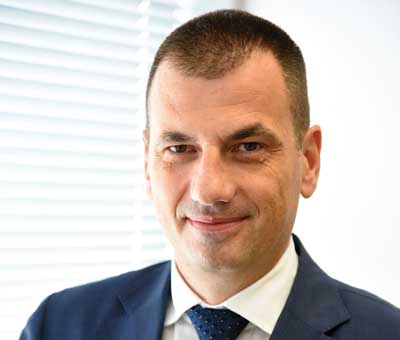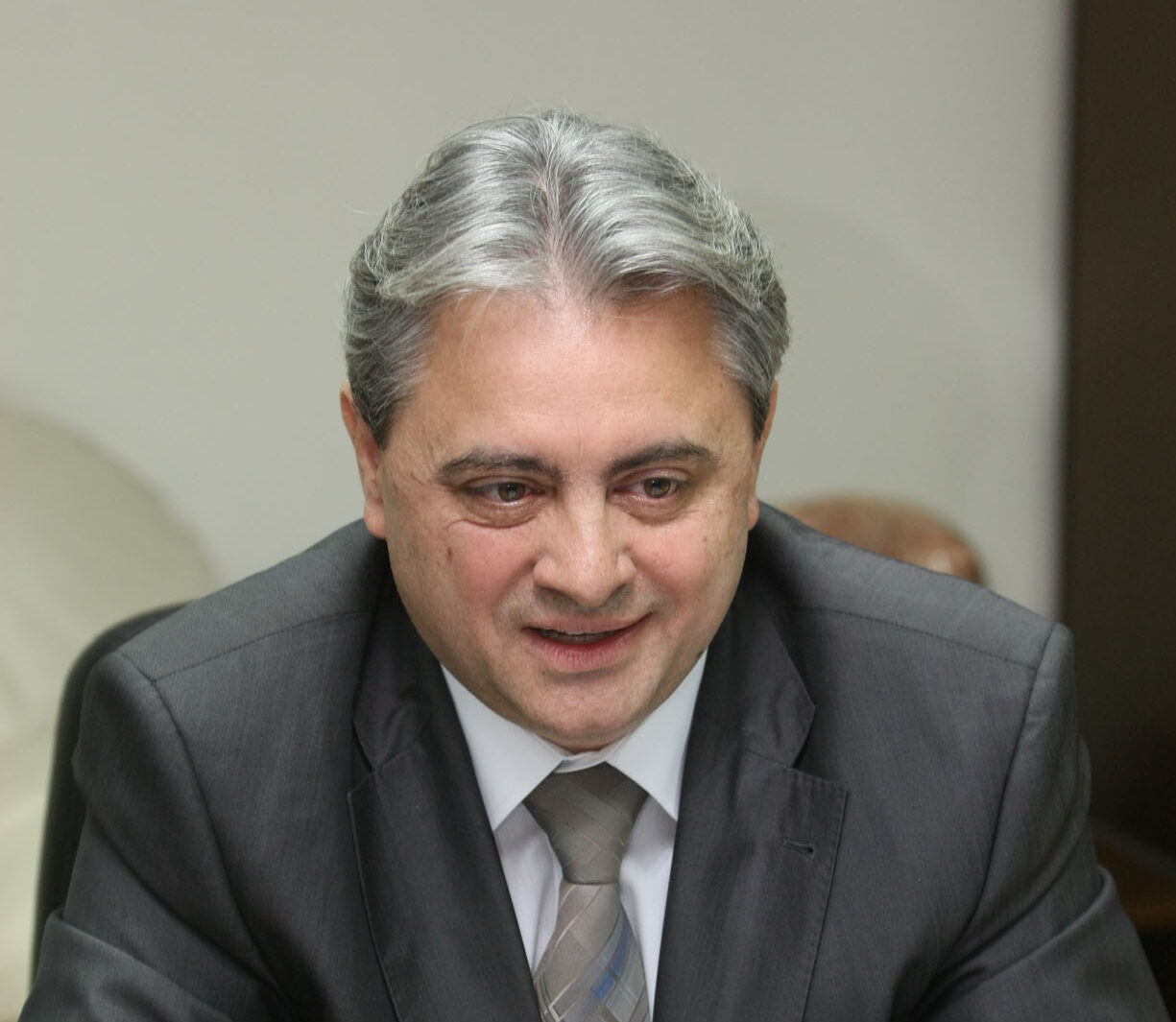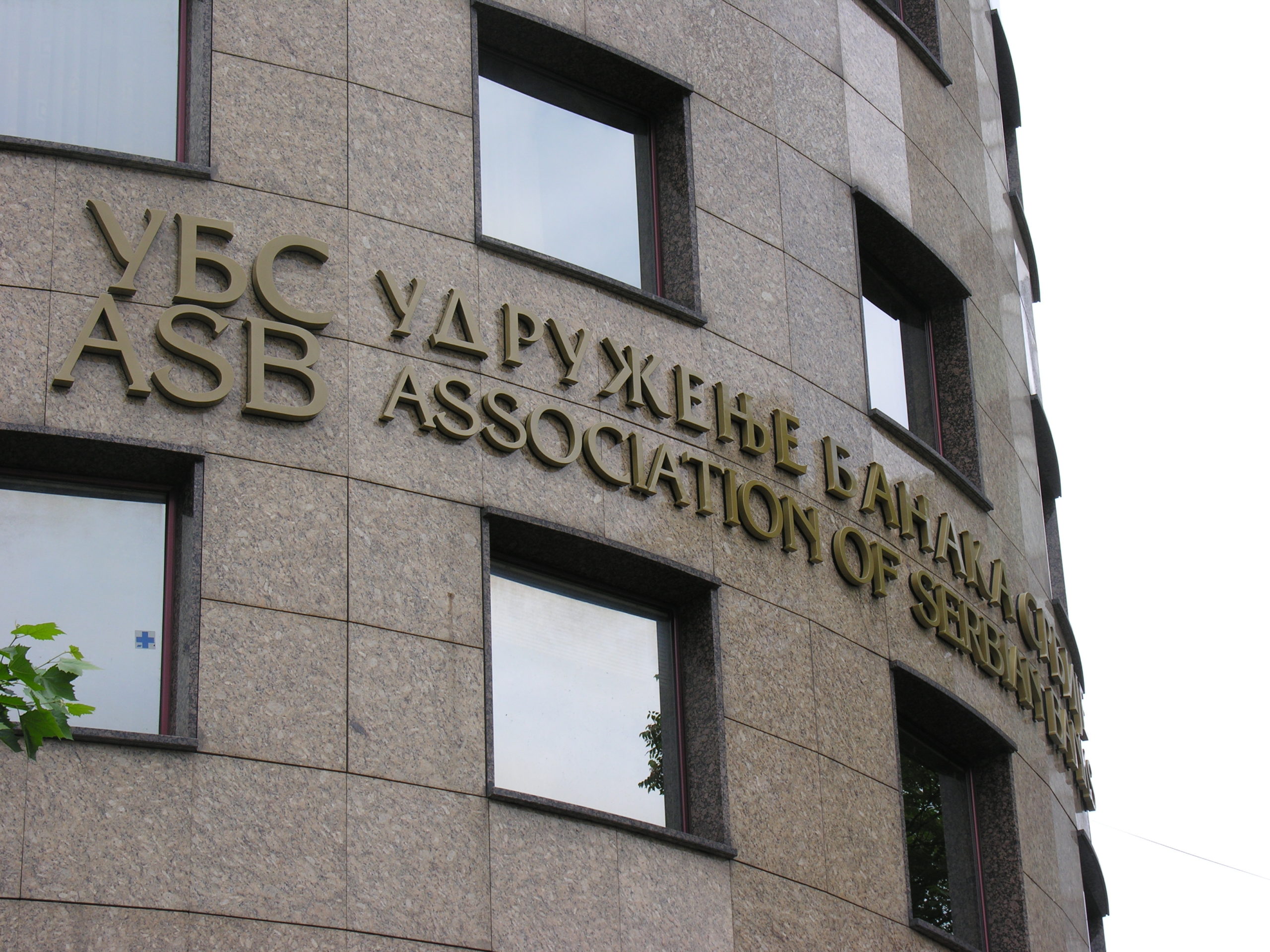Switzerland’s trusted neutral legal framework allowed the country to develop into an international arbitration hub
While Switzerland has a secure role as a gateway for American operations and foreign direct investment in Europe, the nation is going through a dramatic change in how it is perceived. While the tax regime is competitive at an international level, it is seldom a decisive factor for entities choosing the country as an operational base. Corporations place more value on national infrastructure, excellence in R&D, balanced quality of life, highly skilled and productive workforce, and trusted legal framework.
Local Swiss law is clearly defined, liberal, and predictable, making it easier for global players to depend on. In addition to a long-standing international reputation for offering excellent professional services, Switzerland is also home to a unique legal sector with an innate ability to provide quality legal services for large foreign corporations across their local and global operations.
Dr. Jodok Wicki, former Managing Partner of CMS Switzerland, who passed the baton in December 2020, said, “The pandemic reinforced the significant benefits of utilizing Swiss law for international contracts. We have great certainty in our legal system as it is very stable and reliable. It is often relied on as a ‘neutral’ law that is predictable, and therefore attractive to many entities. In addition, Switzerland has a long-standing tradition of international arbitration. Due to its trusted and globally respected neutrality, Switzerland has become an international hub for mediation and arbitration.”
Switzerland’s reputation in diplomacy precedes it. For over a century, Switzerland has hosted international organizations and dispute settlement institutions as a politically neutral country, including the World Trade Organization (WTO), the World Intellectual Property Organization (WIPO), and the United Nations, amongst others.
When successful, mediation and arbitration proceedings are considerably faster, more efficient, flexible, and cheaper than litigation. Considering the nation’s rich history in diplomacy, global public and private entities often solicit Swiss lawyers as reliable partners when seeking to reconcile differences with others.
Interview with: Stefan Brunnschweiler, Managing Partner of CMS Switzerland.

What is your outlook for CMS’s future development?
CMS Switzerland has developed tremendously since having been founded in 1937. Our law and tax experts in Switzerland provide clients with advice in a wide range of matters. CMS has combined its local roots, knowledge, and business connections with a global outlook. In addition to our offices in Zurich and Geneva, CMS is continuing to develop as a leading European firm and is expanding its global footprint. We now proudly advise nearly 500 merger and acquisition transactions per year across Europe, more than any other law firm.
We cover multiple jurisdictions from 70 cities in 43 countries and offer our clients the most extensive presence across Europe. International clients growing European operations from Switzerland can capitalize on our massive global network.
























